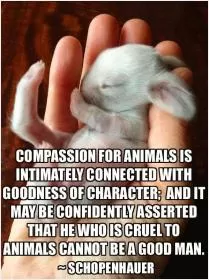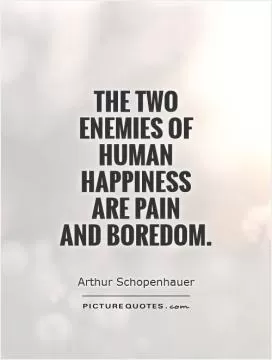It is with trifles, and when he is off guard, that a man best reveals his character

It is with trifles, and when he is off guard, that a man best reveals his character
Arthur Schopenhauer, a renowned German philosopher, once said, “It is with trifles, and when he is off guard, that a man best reveals his character.” This statement holds a profound truth that can be applied to various aspects of human behavior and interactions. Schopenhauer believed that it is in the small, seemingly insignificant moments of life that a person’s true nature is most clearly displayed.In the context of Schopenhauer’s words, it can be understood that a person’s character is not solely defined by their actions in grand or significant events, but rather in the everyday, mundane occurrences that make up the fabric of life. It is in these moments when a person is not consciously trying to impress or project a certain image that their true self is most likely to shine through. For example, how a person treats a waiter at a restaurant, or how they react when faced with a minor inconvenience, can reveal more about their character than any carefully planned gesture or speech.
Furthermore, Schopenhauer’s words suggest that a person’s true character is most likely to be revealed when they are not on guard, when they are not actively trying to control or manipulate how they are perceived by others. In moments of vulnerability or spontaneity, a person’s true thoughts, feelings, and values are more likely to come to the surface. This can be seen in how a person reacts to unexpected news, or how they behave when they think no one is watching.












 Friendship Quotes
Friendship Quotes Love Quotes
Love Quotes Life Quotes
Life Quotes Funny Quotes
Funny Quotes Motivational Quotes
Motivational Quotes Inspirational Quotes
Inspirational Quotes